Literary Terms

The ballad is probably the simplest form of narrative poem which tells a story in simple and colloquial language. The principal function of a narrative poem is to narrate what has actually happened, that is historical incidents, myths and legends. So ...More
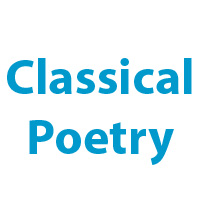
The term classic has an array of meaning. It may be applied to works from the ancient Graeco-Roman tradition or those written in imitation of it. Classical has also had a number of meanings over the centuries. Its root is the Latin word classicus, re ...More

The conceit is a kind of metaphor in which an unusual comparison is extended by using witty and forced argument. This is a device that was made popular by a group of poets called the metaphysical poets in the seventeenth century. The conceit is a str ...More

An elegy is an expression of grief. It is a song of mourning. It was originally the form of poetry on the subject of sadness, especially 'complaints about love'. But now the word normally refers to the poems written on the subject of death of someone ...More

The epic simile is a figurative device first popularized by Homer in his epics. It is a comparison that may be as long as a dozen lines. An epic simile is used typically in epic poetry to intensify the heroic stature of the subject and to serve as de ...More

Heroic couplet is a pair of rhymed lines with iambic pentameter. This form of poetry was popularized and highly developed by the neo-classical poets, especially Alexander Pope. Chaucer was the first literary figure to compose verse using heroic coupl ...More
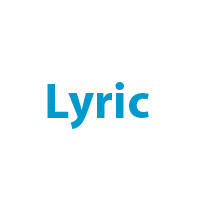
A lyric is a fairly short poem which is the expression of strong feelings of thoughts or perceptions of a single speaker in a meditative manner. The lyric was originally in Greek poetry; the kind of poem which was to be set to the lyre; hence the wor ...More
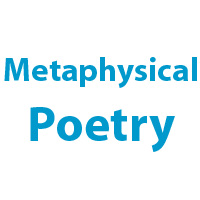
Though the name itself is a misnomer, but by the term "metaphysical poetry" we do not only understand the poetry written by John Donne and a few other followers, including George Herbert, John Cleveland, Richard Crashaw, Henry Vaughan, Andrew Marvell ...More

The word 'modern' and even 'modernism' are very vague terms whose precise meanings are hard to pin down. In literary criticism, the 'trend' called modernism is associated with several features seen in the literature of the early twentieth century, af ...More

It is generally supposed that the English Romantic Movement began in 1798 with the publication of the "Lyrical Ballads" but it is not a sudden outburst but the result of long and gradual growth and development. The term 'Romanticism' (the Romantic Mo ...More

The word Victorian suggests a few features of the literature (and poetry) of the nineteenth century. In poetry and literature, it carries the suggestion of pessimistic subject, elegiac tone, lyrical expression, musical poetry, description of the mise ...More
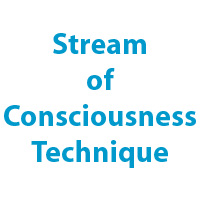
The stream of consciousness technique is a definite mode of writing novels developed in the early twentieth century. We may define stream of consciousness fiction as a type of fiction in which the basic emphasis is placed on the exploration of the pr ...More
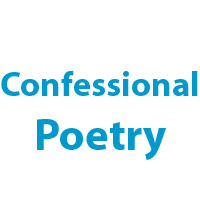
The confessional poetry is something that poets of the fifties like Robert Lowell and John Berryman had developed; but it reached its climax with Anne Sexton. Confessional mode of poetry is also defined as the poetry of 'I' centering on the extremes ...More

Harlem Renaissance is a literary movement that emerged exclusively in African American area of Harlem, New York in 1920s. A mass migration had taken place in Harlem from the South after the World War I. This particular Renaissance refers to artistic, ...More
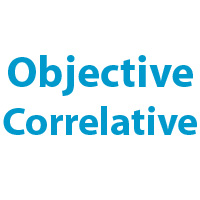
Objective Correlative is a term popularized by T.S. Eliot in his essay on 'Hamlet and His Problems' to refer to an image, action, or situation – usually a pattern of images, actions, or situations – that somehow evokes a particular emotion from t ...More
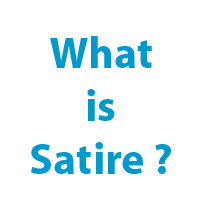
Satire is a literary art that uses irony, wit and sometimes sarcasm evoking laughter as a powerful weapon against the vices and follies of the humanity for the purpose of reformation through ridicule. Although satire uses comic elements but it differ ...More
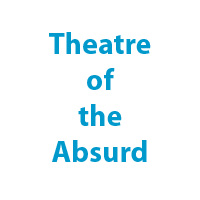
The term 'Theatre of the Absurd' is applied to a number of dramatic works which share the view that the human condition is essentially absurd by which is meant a lack of meaning in life.More
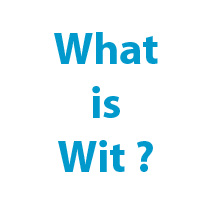
Wit is derived from the Old English witan, meaning 'to know,' a term whose meaning has changed several times over the centuries. In the late Middle Ages, wit referred to intellect and intelligence as opposed to knowledge. During the Renaissance, it c ...More
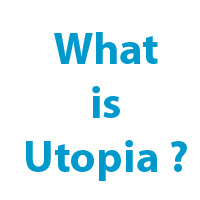
Utopia is an ideal place that does not exist in reality. The word utopia, which comes from the Greek for outopia, meaning "no place," and eutopia, meaning "good place," is itself a pun referring to a nonexistent good place.More
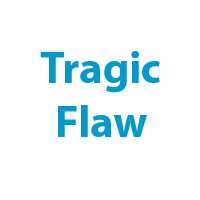
A character's trait in a tragic hero or heroine that brings about his or her downfall in a drama or play is known to be tragic flaw.More
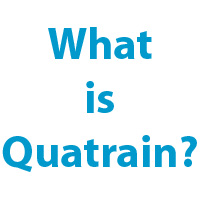
Quatrain refers to a stanza in a poem containing four lines. The term quatrain is also used to refer to a four-line poem.More
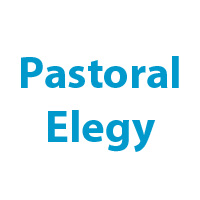
An elegy is a poem on the death of someone. And pastoral suggest that the elegy is related to 'shepherd', and rustic life. Pastoral elegies are poems in which the poet speaks in the guise of a shepherd in a peaceful landscape and expresses his grief ...More
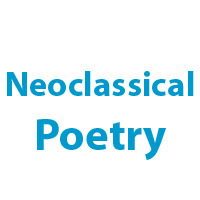
Neoclassicism as a label is applied to a period of English literature lasting from 1660, the Restoration of Charles II, till about 1800. This period is also designated as the ages of Dryden, Pope and Dr. Johnson.More
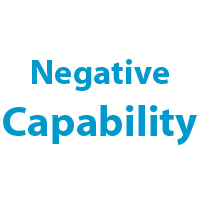
The phrase 'Negative Capability' was used by the English poet John Keats to describe the capacity to be 'in uncertainties, mysteries, doubts, without any irritable reaching after fact and reason'.More
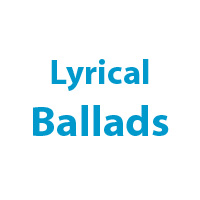
A long step forward in the history of romanticism was taken with the publication of the Lyrical Ballads in 1798 jointly by William Wordsworth and Samuel Taylor Coleridge. It was not a conscious movement at all. It was now for the first time that the ...More
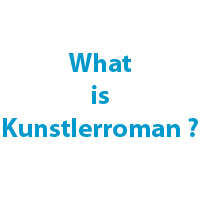
This is a category of a novel in with 'novel of the artist' examines the development of the artist from childhood to the point when the subject realizes his or her artistic potential and mission.More

Jungian criticism is a type of literary criticism based on the theories of Carl Jung; a psychiatrist who was a disciple of Sigmund Freud. Jung later developed his own theory of analytical psychology, a theory that differs markedly from the psychoanal ...More
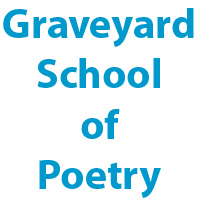
A group of eighteenth-century English poets who, unlike their "rational" neoclassical contemporaries, emphasized subjectivity, mystery, and melancholy in their poems along with the subjects of death, immortality, mortality and gloom which were often ...More

A dramatic monologue is a type of poem in which the speaker is directly addressing and talking to some other person. The speaker in such poems usually speaks alone, in a one way conversation, and so it is called a monologue.More

A type of high burlesque, the mock epic is a lengthy poem written in the lofty and exalted style of the epic but that deals with an utterly trivial subject. Mock epics are not generally intended to mock the epic form or style, but rather to mock the ...More
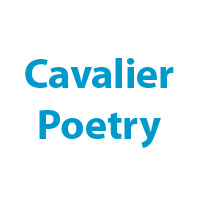
The term Cavalier or Caroline (adjective from Charles) is used for a group of mid 17th century poets who sided with King Charles I against the parliament. These Cavalier or Caroline poets were the followers of Ben Johnson, and may properly be called ...More
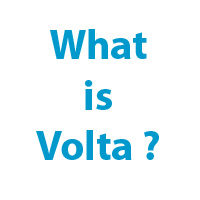
Volta is a term which is used in sonnet. It is related with the feeling of the poet in a sonnet. More
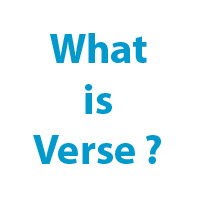
A verse is a metrical line referring either to poetry or to an individual poem. In a narrow sense of the word, a verse is an individual line of poetry. Sometimes it also means a stanza of a poem or the poetry in general. But verse is different from p ...More
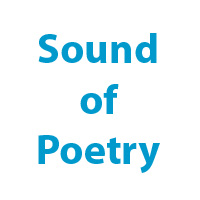
The sound of poetry generally refers to the linguistic quality which determines a certain rhythms in poetry.More

Sonnet is a lyric poem consisting of a single stanza of fourteen iambic pentameter lines linked by an intricate rhyme scheme. Just as the ballad gives the poet an opportunity to tell a story briefly in verse, the sonnet is a challenge to the poet to ...More
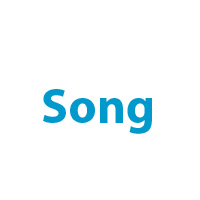
A song is a lyrical poem which is sung with the playing of some musical instrument. It is a very old form of literature which is passed from one generation to the other generation.More

Scansion is an analysis of verse to show its meter. A stanza of a verse contains some lines and each line contains different metrical patterns. Some lines may have iambic or some have a Napes-tic or Trochaic or Dectyle.More
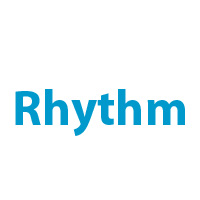
Rhythm is a music effect in the poetry which can't be apparently seen as meter; rather it can be grasped through the quality of music. Usually rhythm is flourished with the use of alliteration, assonance and other punctuation mark.More
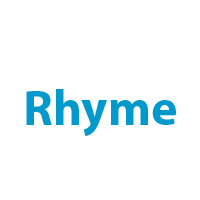
Rhyme is the repetition of the same unit of sound in a poem, usually at the ends of the lines. Very often people think of poetry as something that rhymes. Poetry with no rhyme, but with a meter is called blank verse, whilst poetry that rhymes (or can ...More
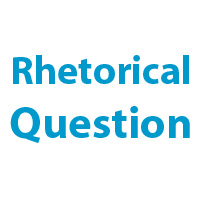
A rhetorical question is a sentence in the grammatical form of a question which is not asked to get information or reply but to achieve expressive effect than from a direct saying. In everyday discourse if we say the rhetorical question "Isn't it a s ...More

A refrain is a line or part of a line or a group of lines which is repeated in the poem, usually at the end of each stanza. The refrain may sometimes appear with slight changes or modification.More

The pun is a device of word game in which a word with two meanings is playfully used in a context. The pun usually gives rise to ironic or humorous gap between the two meanings of the word. The punning on a word or expression may be due to same spell ...More
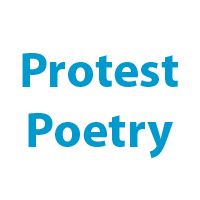
Protest means objection, complaint or revolt. Protest poems or protest literature refers to works that address to real socio-political issues and express objection against them. For instance, the feminist poem "Daddy" is also a poem of female protest ...More
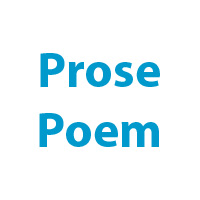
A prose poem is a poem which is written in prose form. It is densely compact and the rhythmic but there is no systematic line breaks as in verse poem. But it does not mean that it has lost all the poetic elements.More
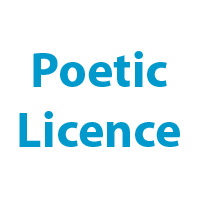
Poetic license refers is a liberty taken by a poet to produce a desired effect by breaking established rules of language. The poet departs from the normal word order. The language of poetry is sometimes different from the normal English sentence patt ...More

Personification also known as 'Prosopopoeia' is a figure of speech that gives human qualities to abstract ideas, animals, and inanimate objects. It is the literary method of treating an abstract force or quality as if it were a person. It is a figure ...More

A persona is a person who speaks in a poem. Persona is a Latin word and it means mask. In a poem persona refers to a person who may or may not represent the author himself. It is wrong to assume that the poet speaks in his or her poem.More
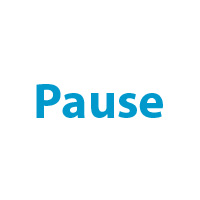
Pause is an important aspect of metrics and music in poetry. The ordinary punctuations and also the pauses without any punctuation are all taken as poetic pauses, too in poetry. Besides, the line-end is regarded as a special pause or poetic punctuati ...More
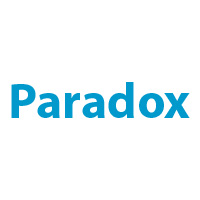
A paradox is a statement which seems to be self contradictory, absurd or nonsensical on the surface but really containing a possible truth upon closer examination. It reveals a deeper truth upon close analysis.More
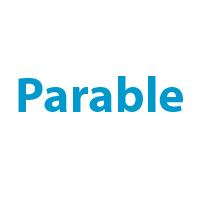
A parable is a realistic, simple and short narrative story which is meant for conveying a moral or religious lesson by the help of comparisons. It is a type of an allegory.More
Browse by Topics
 |
bachelorandmaster.com |